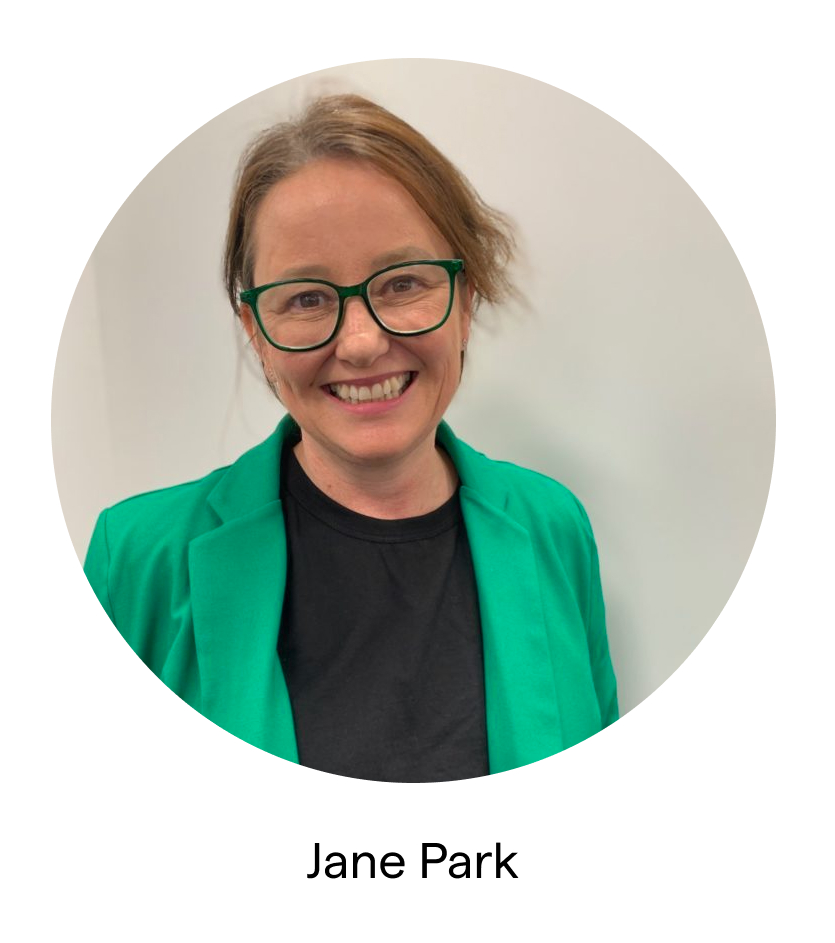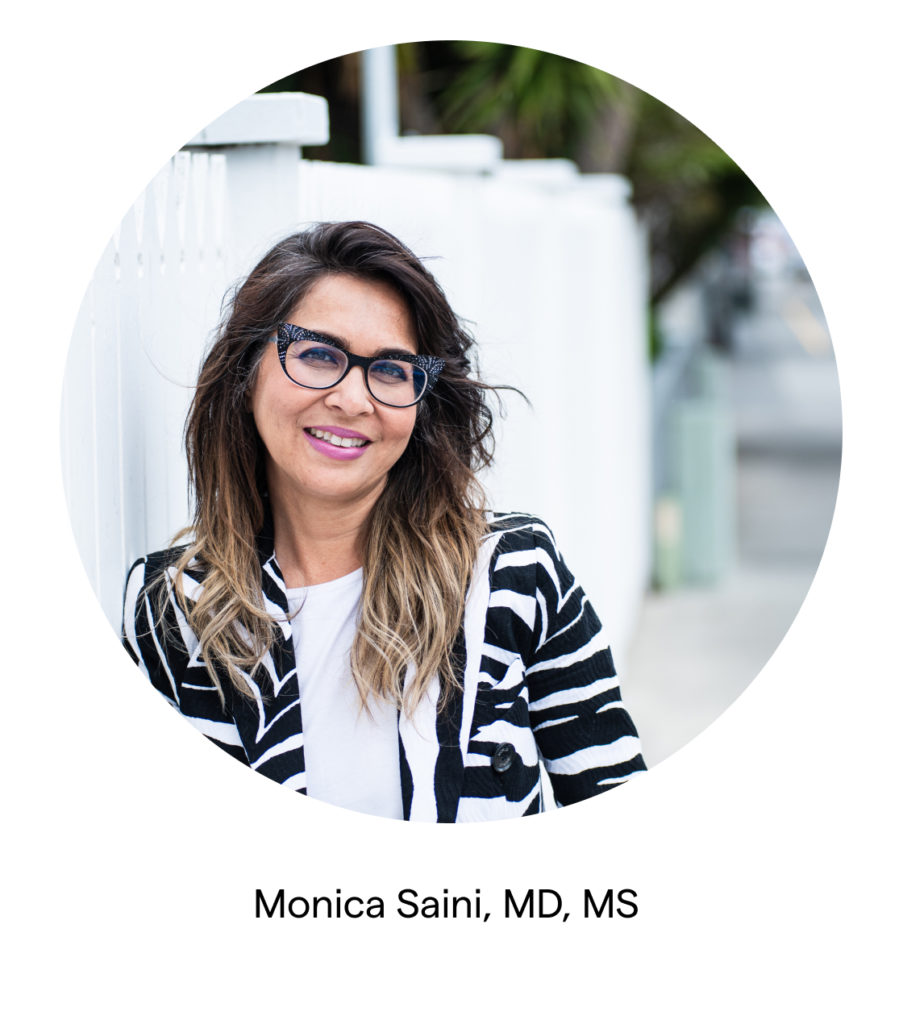Hey, thanks for saving my life.
A story from Jane Park
It’s rare to be able to thank someone for saving your life, but when I met Volpara CEO Teri Thomas at an event in New Zealand, I just couldn’t let the opportunity go by! You see, Volpara’s software and messages about early detection helped lead to my early breast cancer diagnosis.
 Cancer snuck up on me, it was hiding in my dense breasts.
Cancer snuck up on me, it was hiding in my dense breasts.
I started breast screening through the public program and followed the 2-year recommended intervals. I have no family history of cancer and I regularly checked my breasts, so I started screening at 45 years old. When it was time for my next mammogram at 47, I recalled a conversation I had at an event with a Volpara employee, Craig Hadfield. He informed me that dense breasts were a risk factor for cancer and advised me to ask about my density at my next mammogram.
During my next mammogram appointment, I asked if I had dense breasts. The technician said there was no one there who was qualified to give me that information – so that was the last I thought about it. I received another all-clear report of mammogram results.
Almost 2 years later it was time for my next mammogram, and I happened to see a Facebook ad for Dr. Monica Saini’s clinic, Breast Institute New Zealand. I don’t know what prompted me to book an appointment there – but thank goodness I did!

The clinic provides 3D mammograms and same day results, when possible. I also received an ultrasound exam that day. Approximately 20 minutes after my exams Dr. Saini brought me to her office and told me she found a potentially dangerous lump. Dr. Saini’s clinic uses Volpara’s density assessment software, and she confirmed I have density C, heterogeneously dense breasts. My dense tissue may have made my cancer more difficult to see and is why she also recommended the ultrasound exam to look further at my dense tissue. I was shocked by the news; I thought the worst and went home and cried.
The confirmation of my Stage 2a cancer and a lumpectomy happened quickly. I then went on to chemo and radiation therapy. The whole time I was so comforted by the diagnosis and how it could have been so much worse.
“There is over 30 years and over 300 peer reviewed papers that shows high breast density is a risk factor for breast cancer. Research shows informed women are more compliant with breast cancer screening, when they are aware of their elevated risk. Paternalistic medical care is 20th century practice, let’s move on to medical transparency and joint decision making with women,” said Dr. Monica Saini, Breast Institute New Zealand.
Breast Institute New Zealand is now my screening center and I think of Dr. Saini as my saviour. But Volpara is also my saviour. I feel very important information is lacking for women in New Zealand not to know about dense tissue, and that I should have been given the choice to know my density and receive more advanced screening. I directly asked the question to the health system and was not provided the information that could have led to an even earlier diagnosis.
I know there are concerns about scaring women by telling them they have dense breasts. But wouldn’t you rather know your density and get the screening you need rather than potentially carrying cancer around that is becoming bigger?
I wish everyone had access to know their breast density and the option for advance screening if they have dense breasts. Most women don’t even know that they should be trying to get better breast care.
My story has a happy ending – it combines a little bit of luck meeting with a passionate Volpara employee, a great doctor and advanced technology which led to my early cancer diagnosis. I want women to know my story, for every woman to be vigilant, and to know if it happened to me it could happen to anyone.

